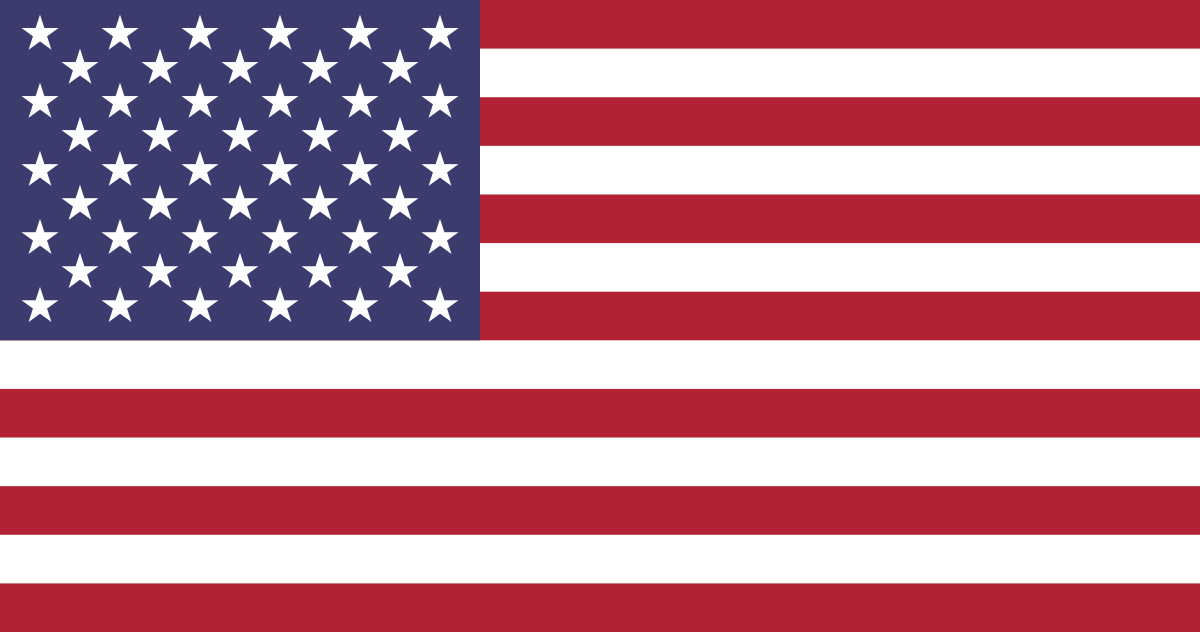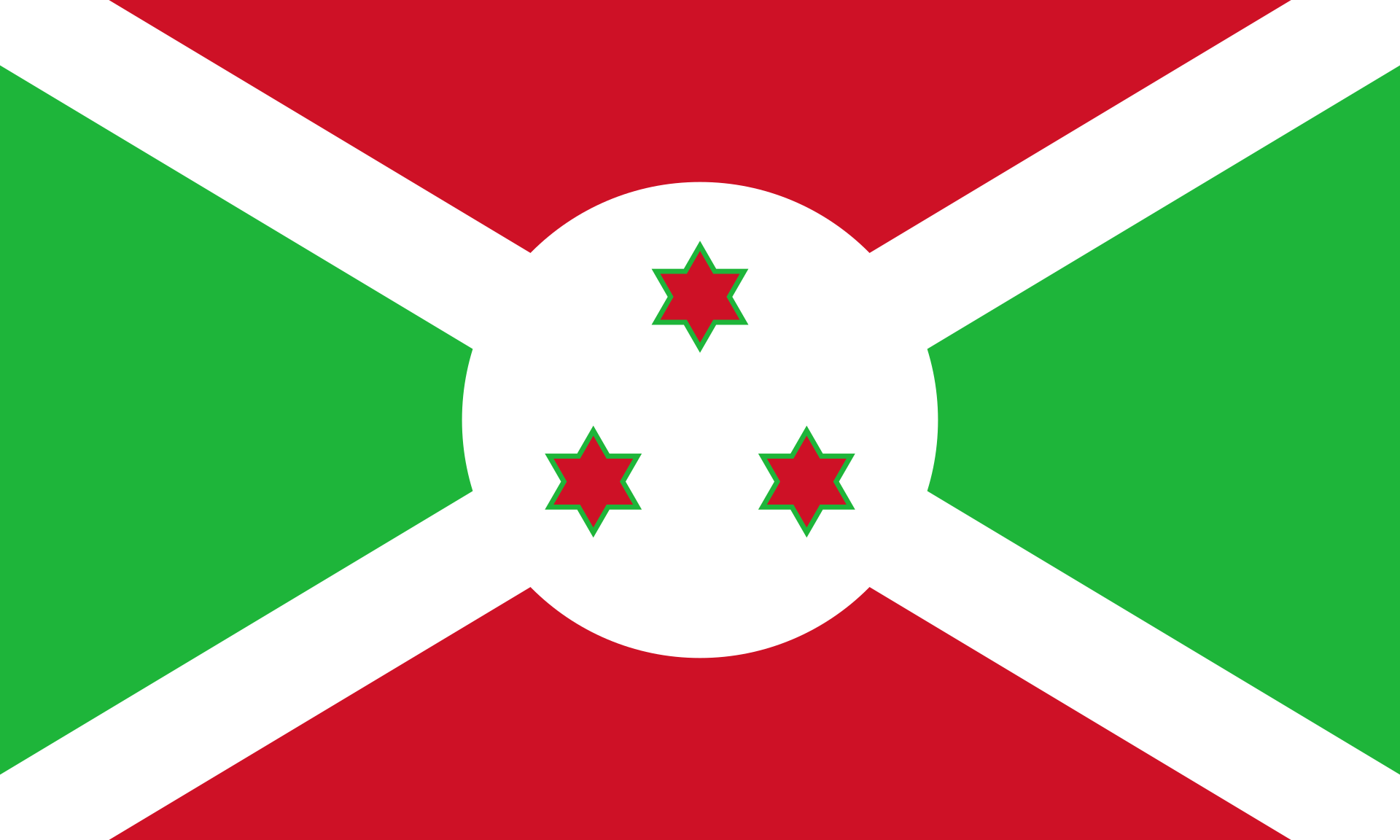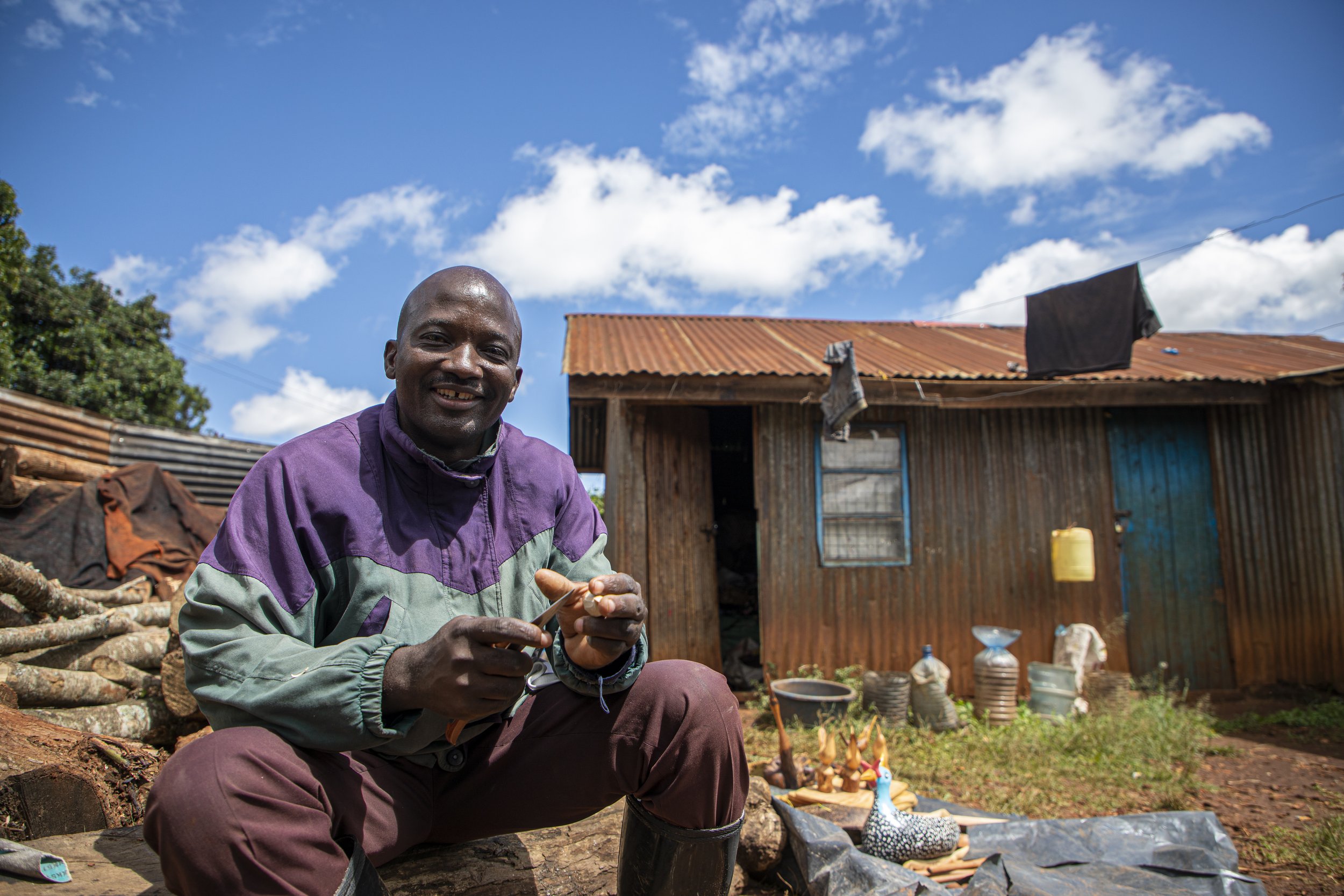
The President today revoked an Executive Order, thereby terminating the Burundi sanctions program and related visa restrictions. As a result, the sanctions and visa restrictions imposed on the eleven individuals designated under this program have been lifted. This decision reflects the changed circumstances in Burundi and President Ndayishimiye’s pursuit of reforms across multiple sectors over the past year.
The United States acknowledges the transition of power following Burundian elections in 2020 and reforms being pursued across multiple sectors. We recognize the progress made by President Ndayishimiye on addressing trafficking in persons, economic reforms, and combatting corruption and encourage continued progress. Today’s action underscores that U.S. sanctions are responsive to changes in circumstance and may be lifted following positive steps.
A robust civil society is critical to building a peaceful, inclusive future for the benefit of the Burundian people and is a key partner in pressing for continued reforms. The United States remains firmly committed to supporting human rights defenders, independent media, and other civil society groups that promote transparency and accountability for those responsible for corruption, human rights violations, and abuses. The United States, along with partners and allies, will continue to press the Government of Burundi to improve the human rights situation in the country and use other appropriate tools to do so. This includes work with the new UN Special Rapporteur for human rights in Burundi. - ANTONY J. BLINKEN, US SECRETARY OF STATE








